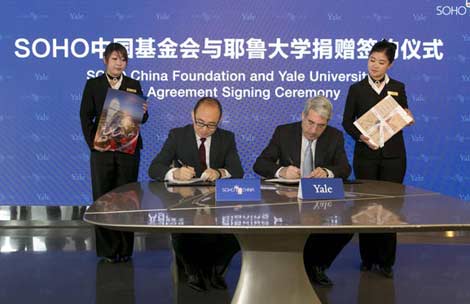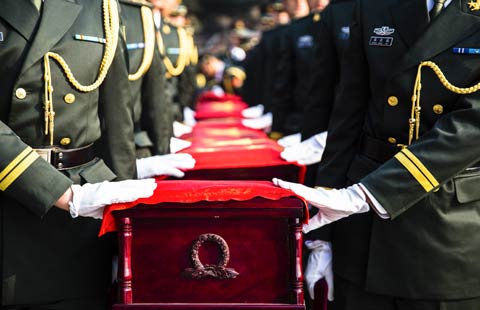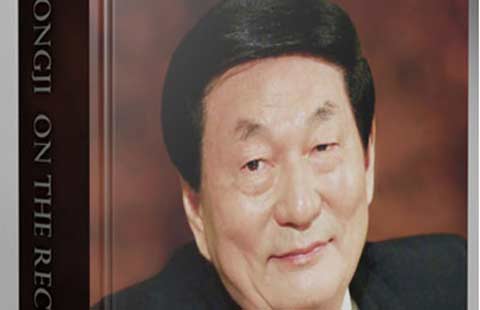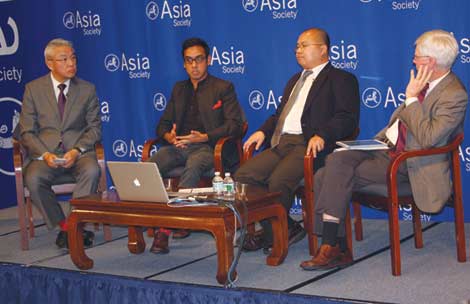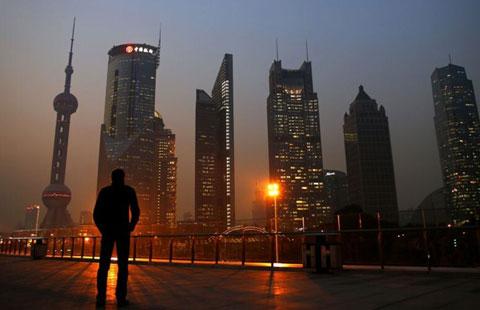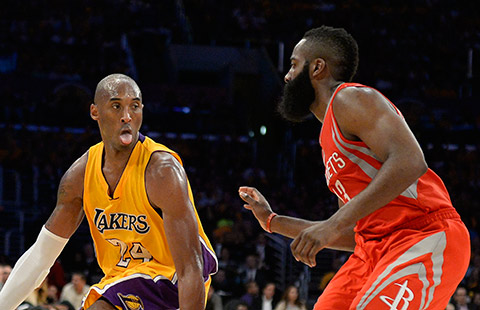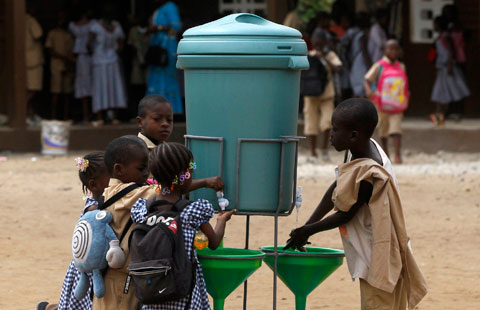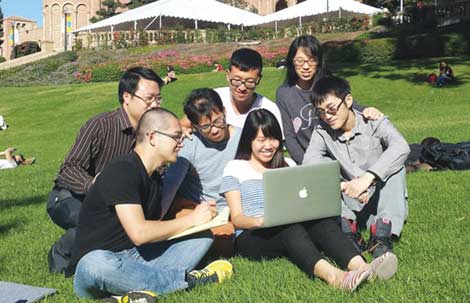US, Indian leaders discuss array of issues
Updated: 2014-10-01 08:54
(Xinhua)
|
||||||||
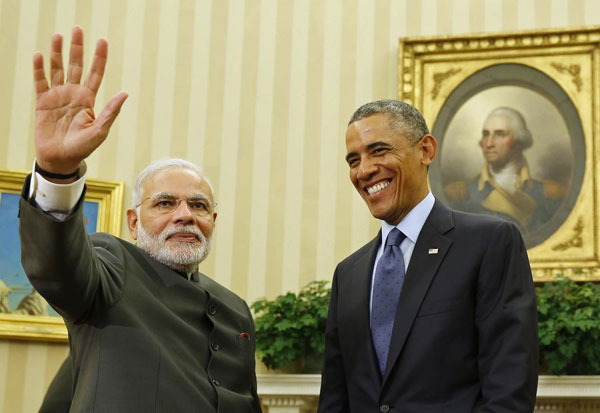 |
|
US President Barack Obama smiles as he hosts a meeting with India's Prime Minister Narendra Modi in the Oval Office of the White House in Washington September 30, 2014. [Photo/Agencies] |
WASHINGTON - US President Barack Obama and visiting Indian Prime Minister Narendra Modi on Tuesday discussed an array of issues including trade, climate change and security, with a view to renewing a partnership for the 21st century.
In his first visit to the United States since assuming the premiership in May, Modi was aiming in particular to attract investment to deliver on his campaign promises to create jobs for millions of Indians.
"Last night during a private dinner, we spent most of our time talking about the economy," Obama told reporters after meeting with the prime minister in his Oval Office.
A joint statement issued after the meeting said the two leaders are seeking to increase fivefold two-way trade, now standing at some $100 billion.
The statement said the two countries also established a contact group to advance the implementation of a civil nuclear cooperation agreement the two countries signed in 2006 "in order to realize early their shared goal of delivering electricity from US-built nuclear power plants in India."
Obama told reporters that they discussed as well Afghanistan and the challenges facing the Middle East, including violent extremism and the ongoing battle against the Islamic State extremist group in Iraq and Syria.
"We have so much in common it is critical for us to continue to deepen and broaden the existing framework of partnership and friendship that already exists," he said.
Saying he was impressed not only with Modi's interest in addressing poverty in India and revitalizing the economy there, but also with his determination to make sure India serves as a major power to help bring about peace and security for the world, Obama said "I want to wish him luck in what I'm sure will be a challenging but always interesting tenure as prime minister in India."
For his part, Modi used the successful landings on Mars by both the US and India to describe the potential of bilateral relations.
"After the India-US summit on Mars, we are meeting here on earth," the premier said, drawing a burst of laughter.
"This happy coincidence captures the potential of our relationship," he remarked. "We already have the foundation of a strong partnership. We now have to revive the momentum and ensure that we get the best out of it for our people and for the world."
In his efforts to assuage concerns about the investment environment in India, Modi said his administration is trying to " make it easy and productive to do business in India."
He said he sought Obama's support for continued openness and easy access for Indian services companies in the US market, and they had a "candid" discussion about a trade agreement reached last year in Bali, Indonesia.
"India supports trade facilitation," the premier said. "However, I also expect that we are able to find a solution that takes care of our concern on food security. I believe that it should be possible to do that soon."
In July, India refused to ratify the Trade Facilitation Agreement (TFA), a long-sought global deal reached by WTO members at their Bali meeting.
India insists that the deal should be concluded as a "package" alongside a permanent agreement on stockpiling food to feed its millions of poor people, though stockpiling and subsidies for the poor are considered trade-distorting under existing WTO rules.
New Delhi's move to hold up the deal surprised fellow WTO members, as it is estimated that the TFA could boost global commerce by $1 trillion via modernizing and streamlining trade rules to allow goods to pass more easily through customs.
Modi said he and Obama also agreed to intensify cooperation on counterterrorism and intelligence as well as on climate change issues, "an area of strong priority for both of us."
Declaring the two countries will continue to boost security dialogue and defense relations, Modi said "I want to especially welcome the US defense companies to participate in developing the Indian defense industry."
US-India relations have been uneasy over the years and hit a new low in the past year over a diplomatic row over the arrest of an Indian envoy in New York in December.
As to Modi himself, Washington imposed a visa ban on him for nearly ten years for his alleged role in the communal riots in the state of Gujarat in 2002, in which more than 1,000 people, mostly minority Muslims, were killed. Modi, then chief minister of the state, was criticized for failing to act to prevent the riots.
Obama and Modi co-authored an article in The Washington Post Tuesday, claiming "The true potential of our relationship has yet to be fully realized. The advent of a new government in India is a natural opportunity to broaden and deepen our relationship."
- Xinjiang publishes anti-terror brochures
- Security pact sealed with Afghanistan
- President Xi encourages international cultural exchanges
- Premier Li: China willing to help Afghan infrastructure
- Chinese FM: China, Asia-Pacific become community of shared destiny
- Foreign minister remarks on possibility of China-Japan summit
Most Viewed
Editor's Picks

|

|

|

|

|

|
Today's Top News
VW defends safety of recalled New Sagitar
Former premier makes Hurun philanthropists list
Xinjiang publishes anti-terror brochures
SOHO endows $10m to Yale
Cook and Ma talk about partnership
Language a barrier to healthcare for Asian Americans
China businesses need innovation: VC
Security pact sealed with Afghanistan
US Weekly

|

|
